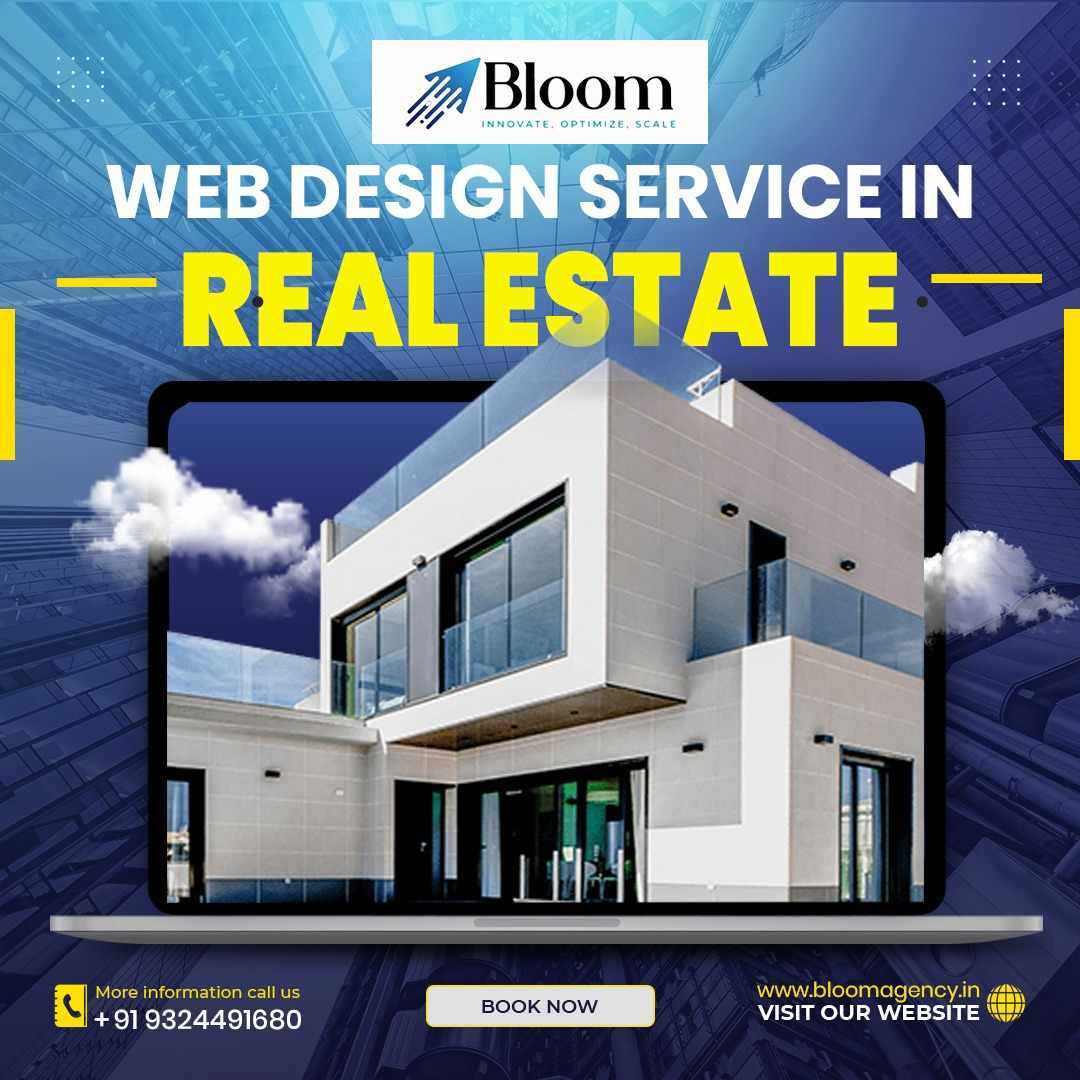
In the competitive world of real estate, first impressions matter—and today, those impressions are most often made online. Whether it's a homebuyer scrolling through listings, a developer researching investment partners, or a tenant searching for a rental, the journey begins on the web. This makes your website your most powerful marketing tool. To succeed in this space, a professionally crafted, user-centric website is essential—and that's exactly where a real estate web design agency comes in.
These specialized agencies focus on building websites tailored to the real estate sector—sites that don't just look good but also convert leads, showcase properties, integrate seamlessly with MLS platforms, and offer intuitive user experiences. Let’s dive deep into what makes a real estate web design agency vital for your business and how the right partner can help you stand out in a crowded market.
Why Real Estate Needs Specialized Web Design
A website for a real estate business is far more than a digital brochure. It must function as a:
Lead generation tool
Property listing platform
Virtual storefront
Trust-building and branding hub
Generic website templates simply don’t cut it when buyers expect rich imagery, intuitive navigation, interactive maps, and seamless mobile browsing. A real estate web design agency ensures your site meets these standards—and exceeds them.
What Does a Real Estate Web Design Agency Do?
A specialized real estate web design agency provides end-to-end digital solutions tailored to the property sector. These services typically include:
1. Custom Website Design
Each real estate business has unique branding, services, and audiences. Agencies create custom designs that align with your brand identity, showcasing your properties and services with elegance and clarity.
2. Property Listing Integration
Whether through an MLS (Multiple Listing Service) feed, IDX integration, or custom CMS, these agencies ensure your listings update automatically, are easy to filter, and are optimized for SEO.
3. Lead Generation Tools
High-converting real estate websites include forms, live chat, schedule-a-tour buttons, mortgage calculators, and gated content to convert visitors into leads.
4. Mobile Optimization
Most real estate searches begin on mobile. Responsive, mobile-first designs ensure users can browse, swipe, and inquire with ease on any device.
5. SEO Optimization
Ranking on Google for “homes for sale in [location]” or “real estate agent near me” is a competitive game. Agencies implement on-page SEO best practices, schema markup, and content strategies to help your site rank.
6. Content Management Systems (CMS)
You’ll likely want to update listings, blog posts, or testimonials yourself. Agencies build sites on platforms like WordPress, Webflow, or custom CMS tools for easy backend management.
7. Interactive Features
From neighborhood guides and virtual tours to interactive maps and client testimonials, agencies use dynamic elements to keep users engaged and increase time-on-site.
8. Branding and Visual Identity
A cohesive color palette, logo design, typography, and imagery style are developed to help your business look as professional and trustworthy online as it is in real life.
Types of Real Estate Businesses That Benefit
A real estate web design agency isn’t one-size-fits-all. They serve a range of clients, including:
Residential real estate agents and brokers
Commercial property firms
Luxury real estate agencies
Real estate developers and builders
Vacation rental and property management companies
REITs (Real Estate Investment Trusts)
Real estate marketplaces or listing aggregators
Each of these has unique needs in terms of layout, search functionality, lead capture, and integration—which is why a specialized agency is so important.
Key Features of a High-Performing Real Estate Website
Advanced Property Search
Filters for price, location, size, amenities
Map view options
Saved searches and alerts for registered users
MLS/IDX Integration
Automatic listing updates
SEO-friendly display
CRM compatibility
High-Quality Visuals
Full-screen image galleries
Virtual tours and video walkthroughs
Drone footage and neighborhood videos
Lead Capture and CRM Integration
Contact forms tied to specific listings
Newsletter signup
API integration with tools like HubSpot, Salesforce, or Zoho
Client Testimonials and Case Studies
Social proof builds trust
Can be enhanced with star ratings and video feedback
Neighborhood and Lifestyle Content
School zones, commute times, local attractions
SEO-focused blog content about areas you serve
Secure and Fast Hosting
Real estate websites with lots of media can be slow. Agencies offer optimized hosting for fast load times and reliability.
Why Work with a Real Estate Web Design Agency (Instead of a Generalist)?
While many design firms offer website development services, a real estate web design agency understands your industry’s unique challenges:
They know the user journey of homebuyers, renters, and investors.
They are familiar with MLS and IDX rules and integration options.
They have experience designing for both high-volume listings and high-ticket luxury properties.
They build with SEO, lead generation, and CRM integrations from day one.
This focus translates into better-performing websites and ultimately, more leads and deals closed for your business.
How the Process Typically Works
While each agency has its process, a typical real estate website project might follow this timeline:
1. Discovery and Strategy (Week 1–2)
Goal setting
Audience and market research
Competitor benchmarking
2. Design and Mockups (Week 3–4)
Wireframes and UX layout
Custom branding elements
Homepage and internal page designs
3. Development and Integration (Week 5–7)
Frontend and backend development
IDX/MLS and CRM integration
Mobile optimization and accessibility
4. Testing and QA (Week 8)
Browser compatibility checks
Speed optimization
Bug fixes
5. Launch and Training (Week 9)
Final deployment
CMS training for your team
Optional hosting and maintenance setup
Real-World Case Study Snapshot
Client: CoastalNest Realty (Mid-size residential agency in California)
Challenge: Outdated site, poor mobile performance, low lead conversion
Solution by Agency:
Redesigned mobile-first website with property video integration
Built advanced filtering and neighborhood pages for SEO
Added lead magnets and CRM automation
Results:
212% increase in lead generation within 6 months
3x increase in organic traffic
4.8/5 average client satisfaction for usability
Choosing the Right Real Estate Web Design Partner
When evaluating agencies, look for:
Experience with real estate websites (ask for examples)
Understanding of IDX/MLS integration
In-house SEO and content team
Mobile-first, user-focused design expertise
Post-launch support, updates, and maintenance
Transparent pricing and timelines
Ask if they offer ongoing digital marketing, SEO, or PPC support—it’s often more efficient to have one agency manage both web and traffic strategies.
Cost of Real Estate Web Design
Pricing depends on features, complexity, and the agency’s reputation. Typical packages:
Basic sites with standard templates: $1,500–$3,000
Custom-built sites with IDX integration: $4,000–$8,000
Enterprise-level sites with CRM, SEO, and marketing tools: $10,000+
Monthly maintenance or marketing packages may cost an additional $500–$2,000 depending on scope.
Final Thoughts
The real estate market is becoming more digital by the day—and your website is the first showing your potential clients will attend. With a specialized real estate web design agency, you ensure that this experience is smooth, visually engaging, and conversion-driven.
From listings to lead forms, your website should function as your most reliable sales agent. Partner with experts who understand your industry and can deliver digital solutions that truly move the market.


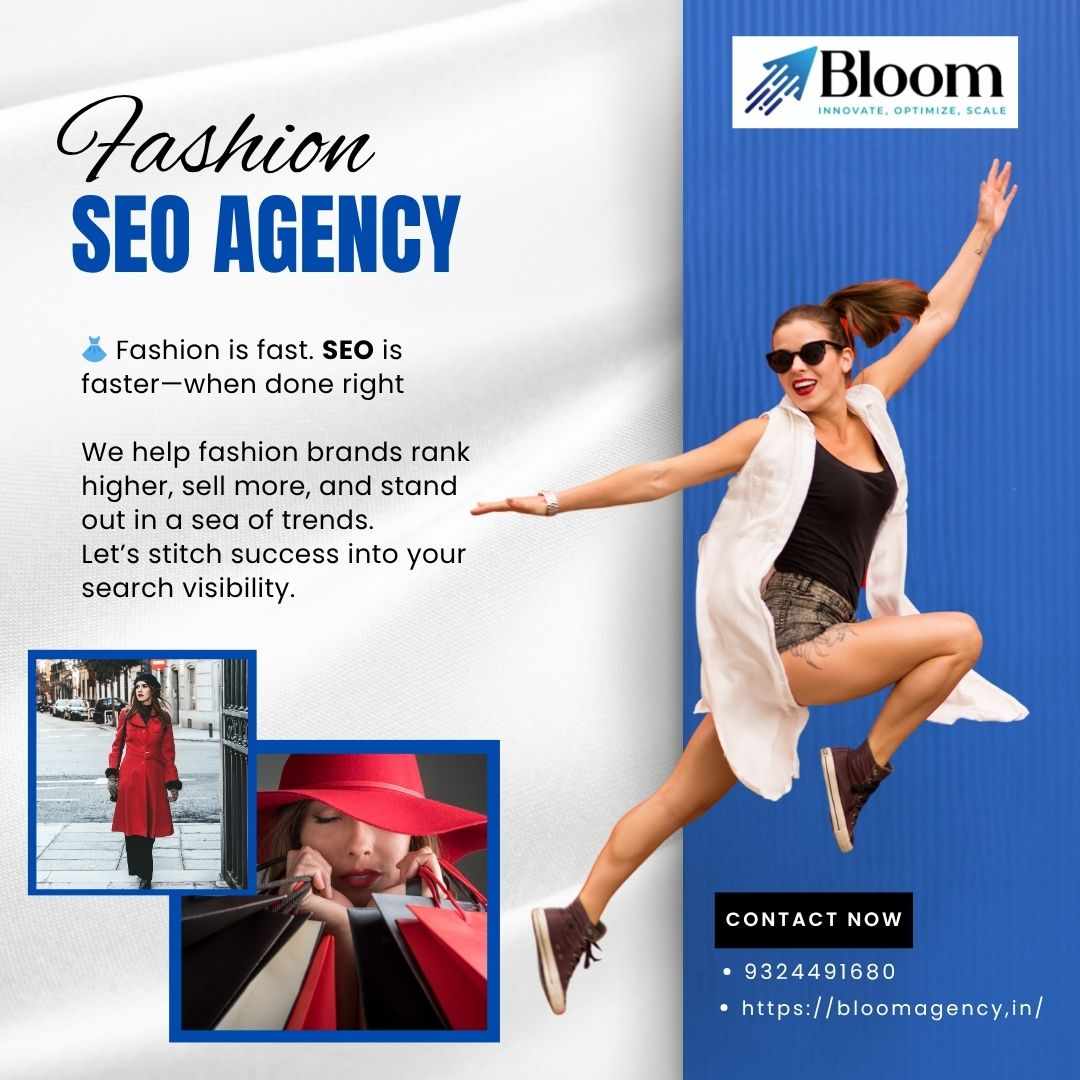
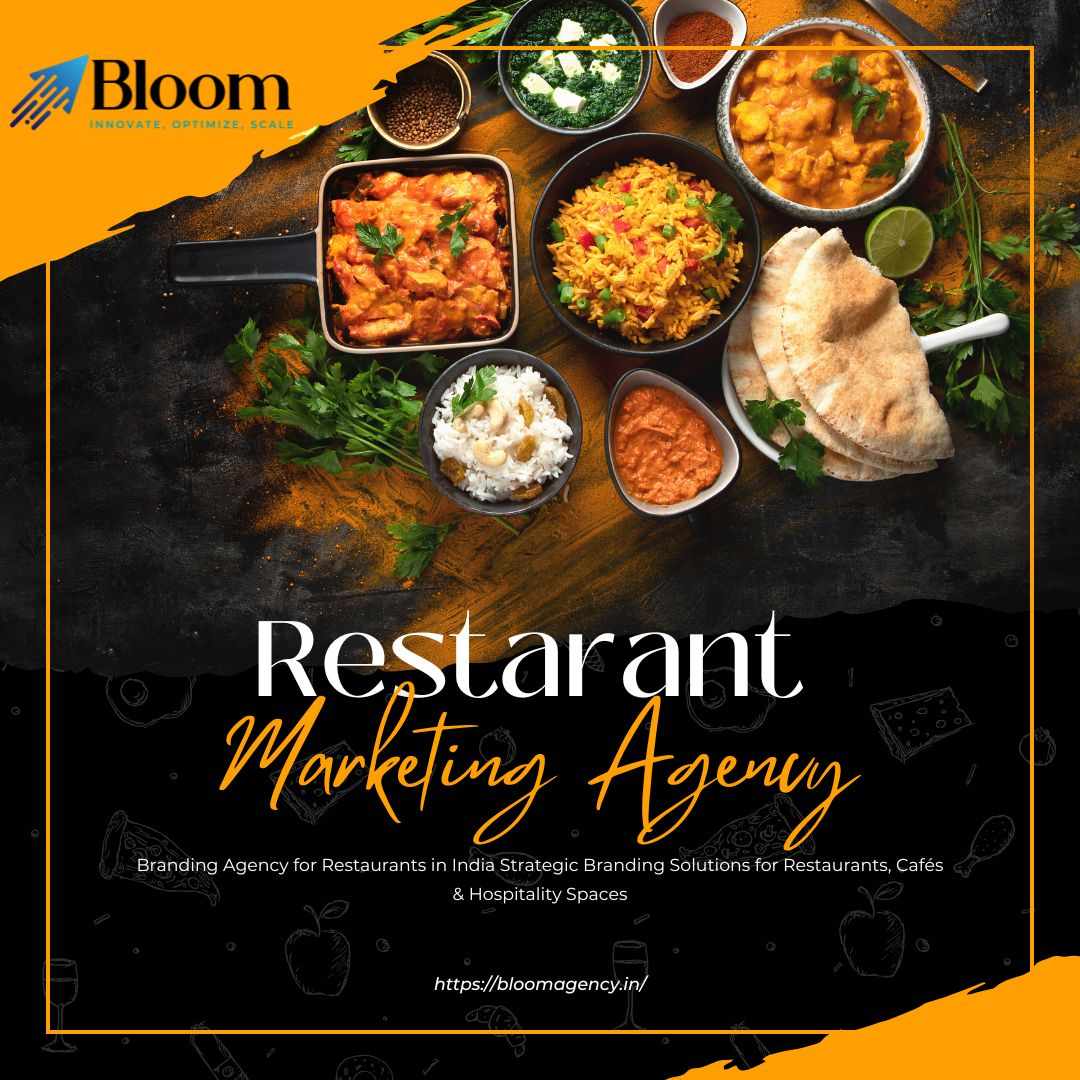
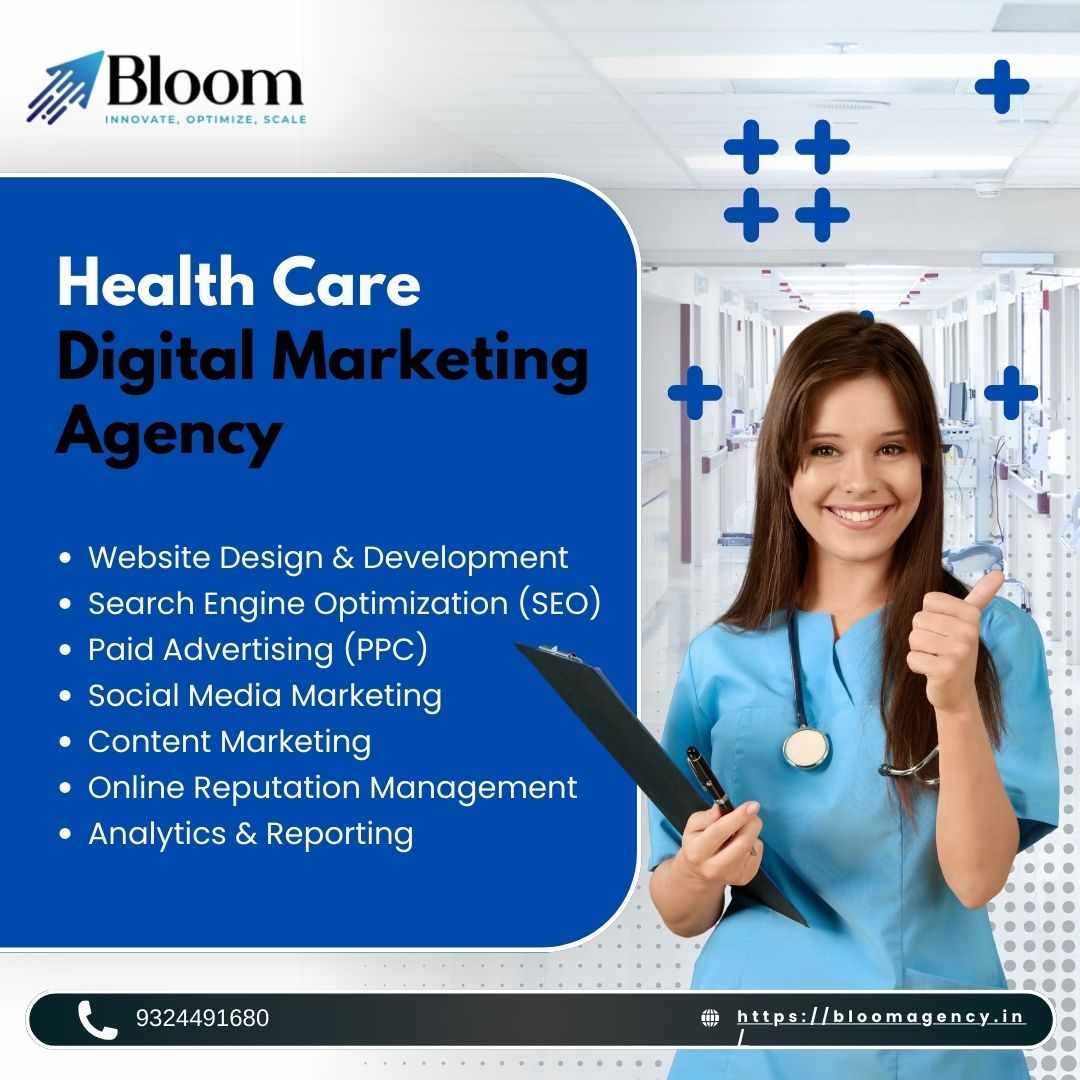

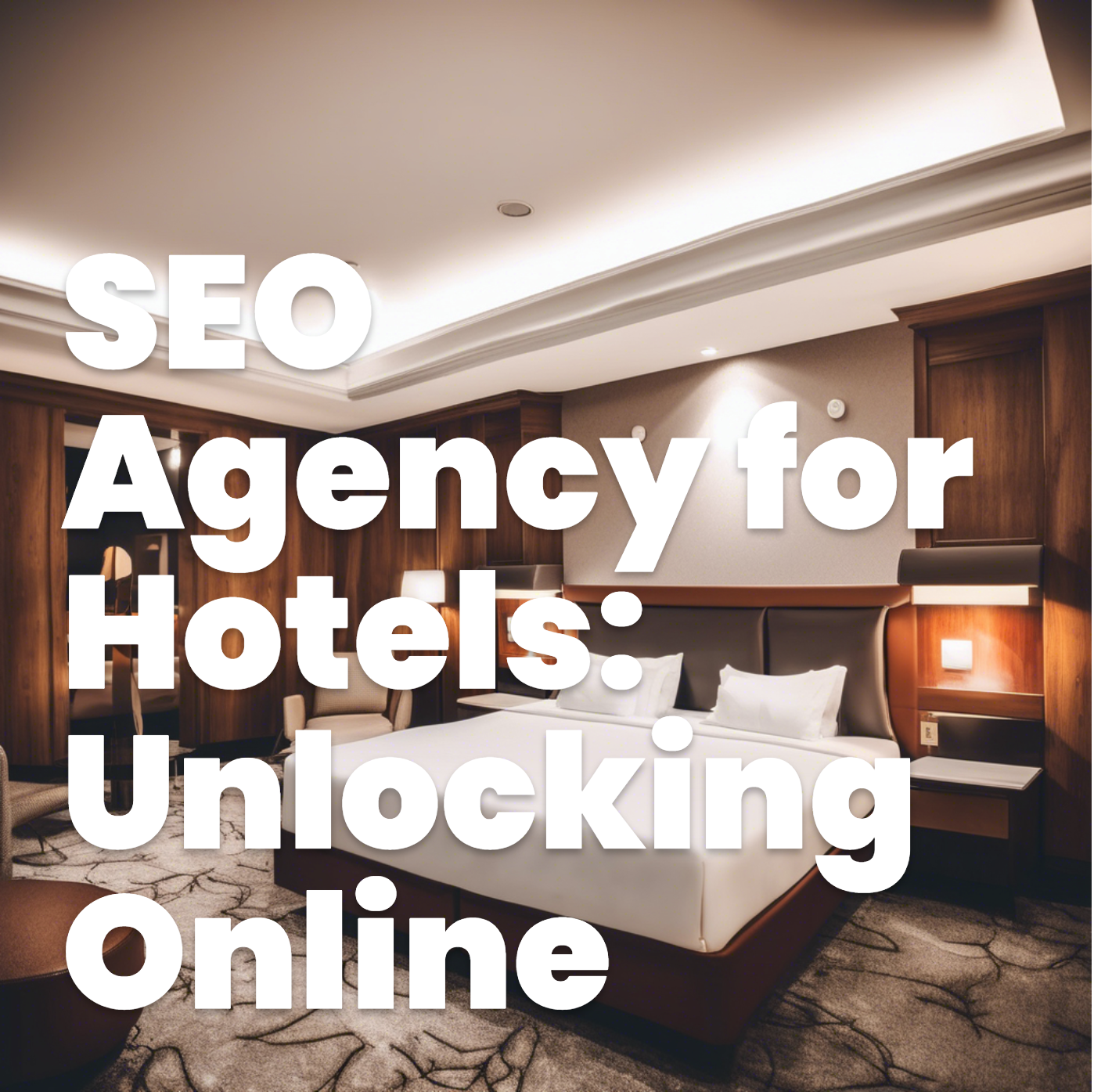


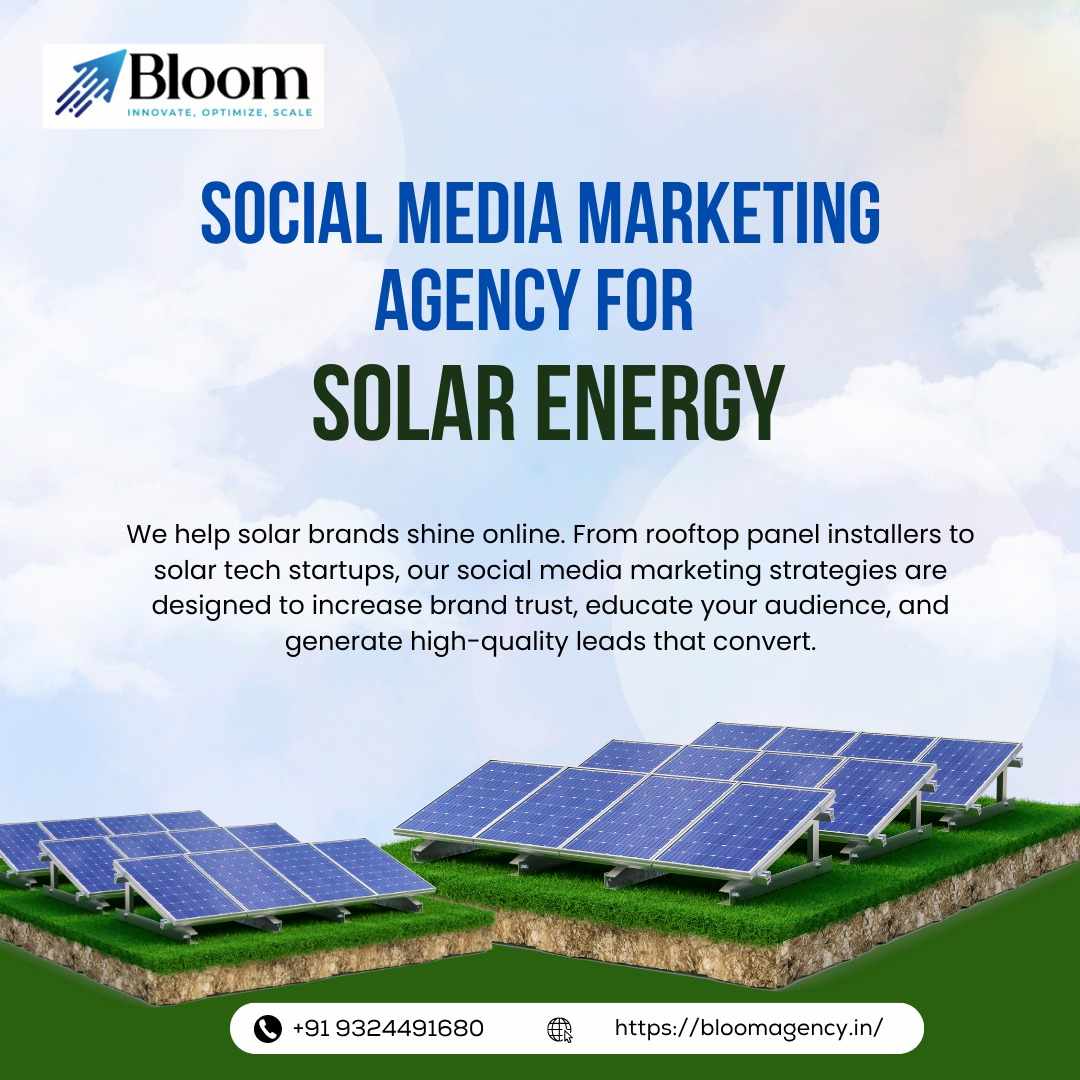
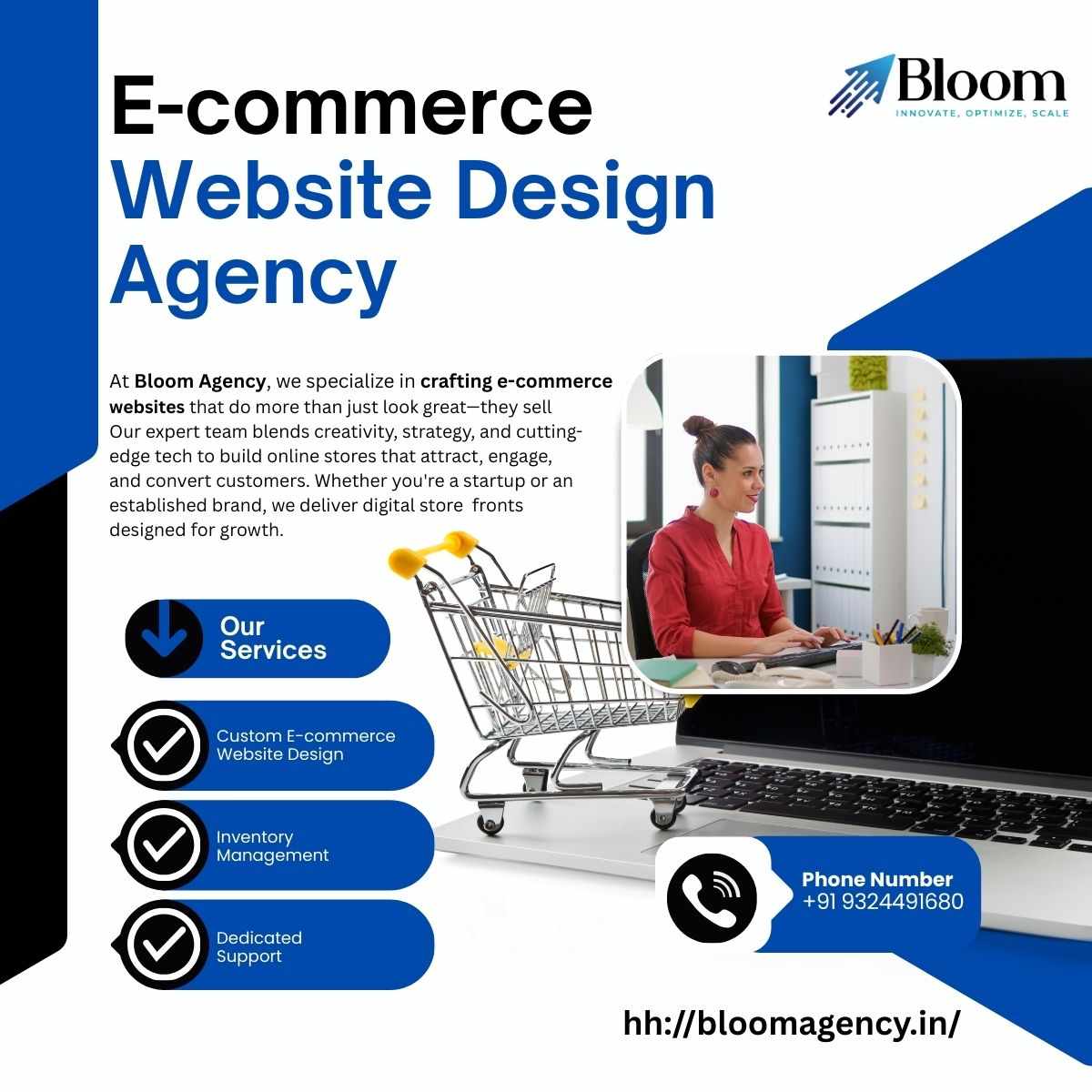

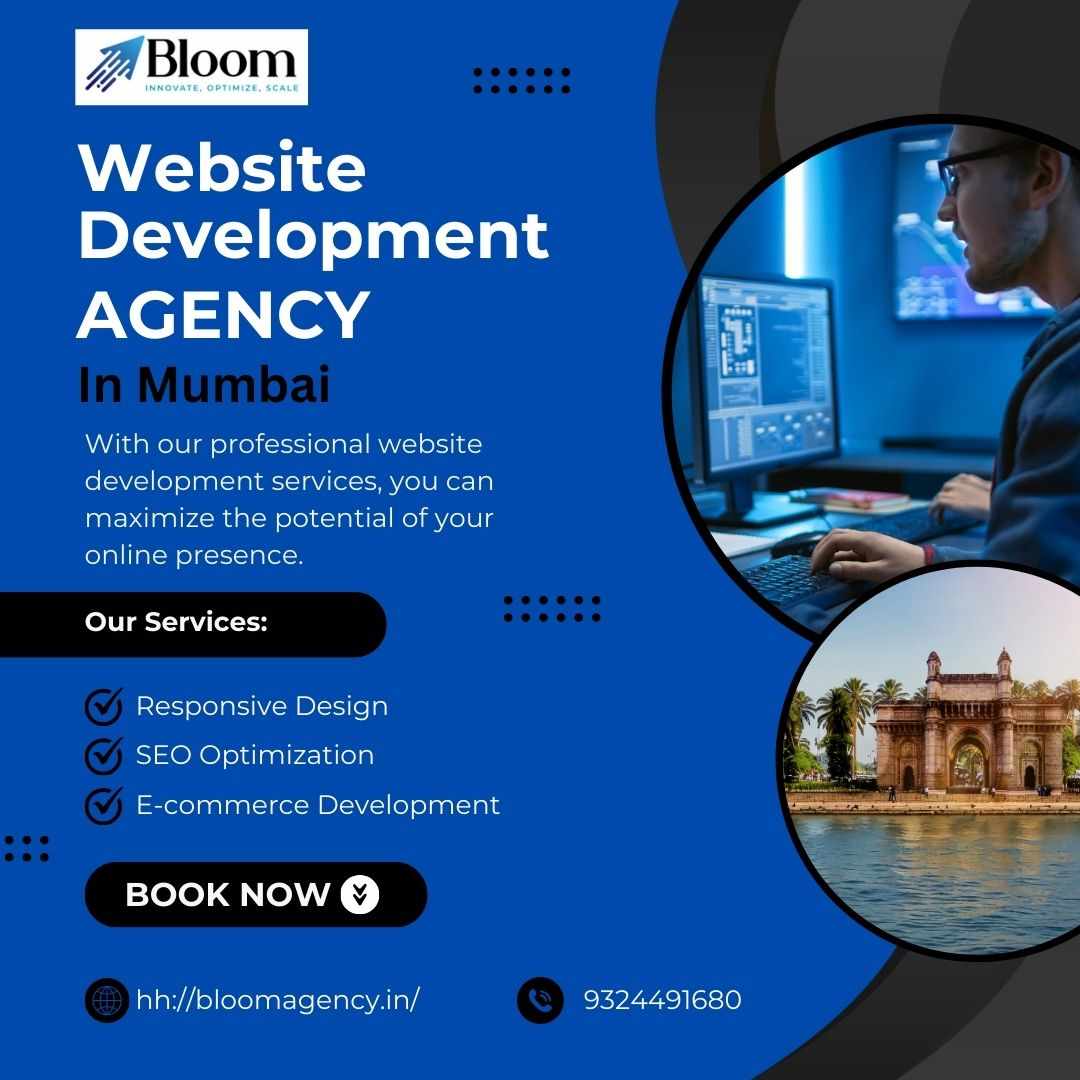





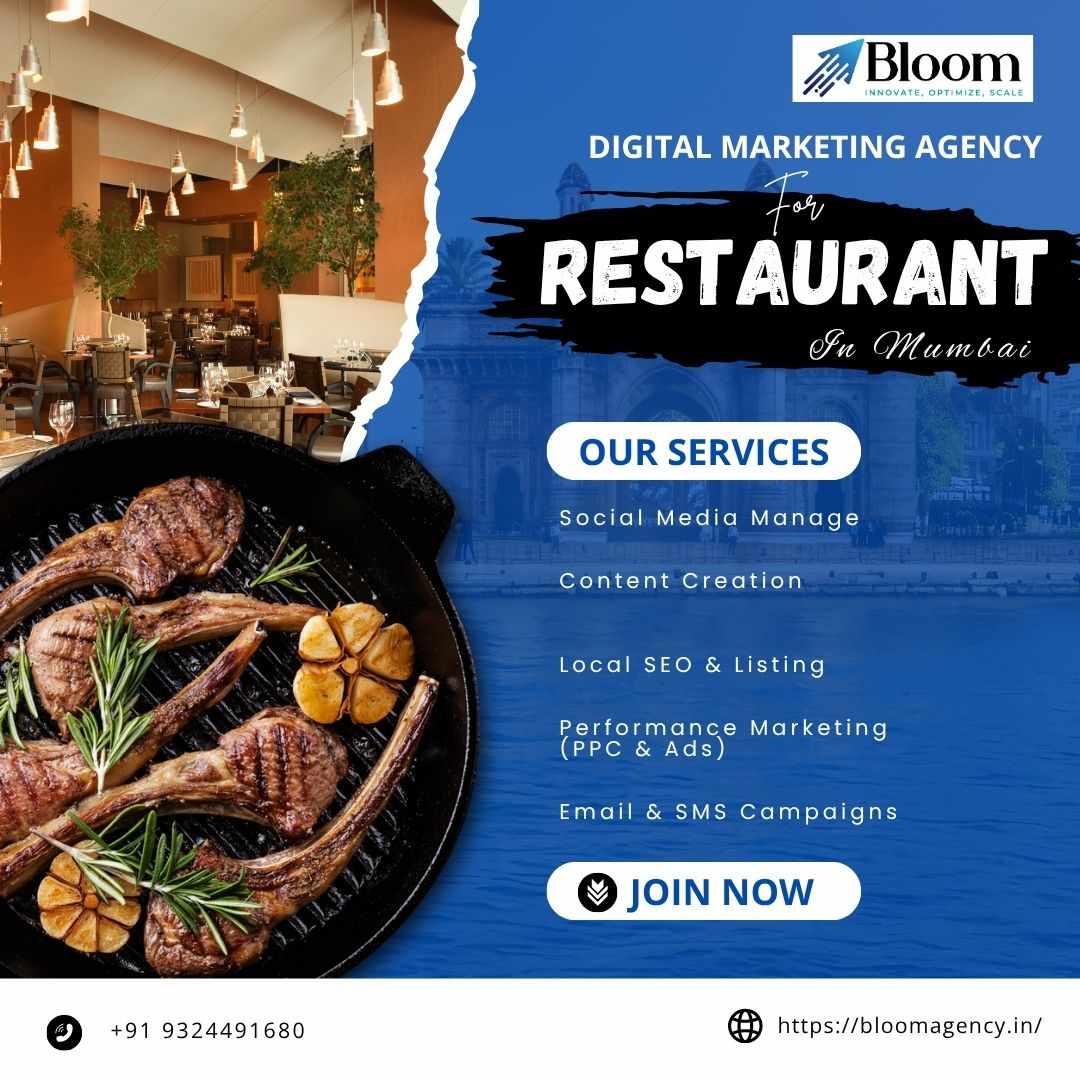
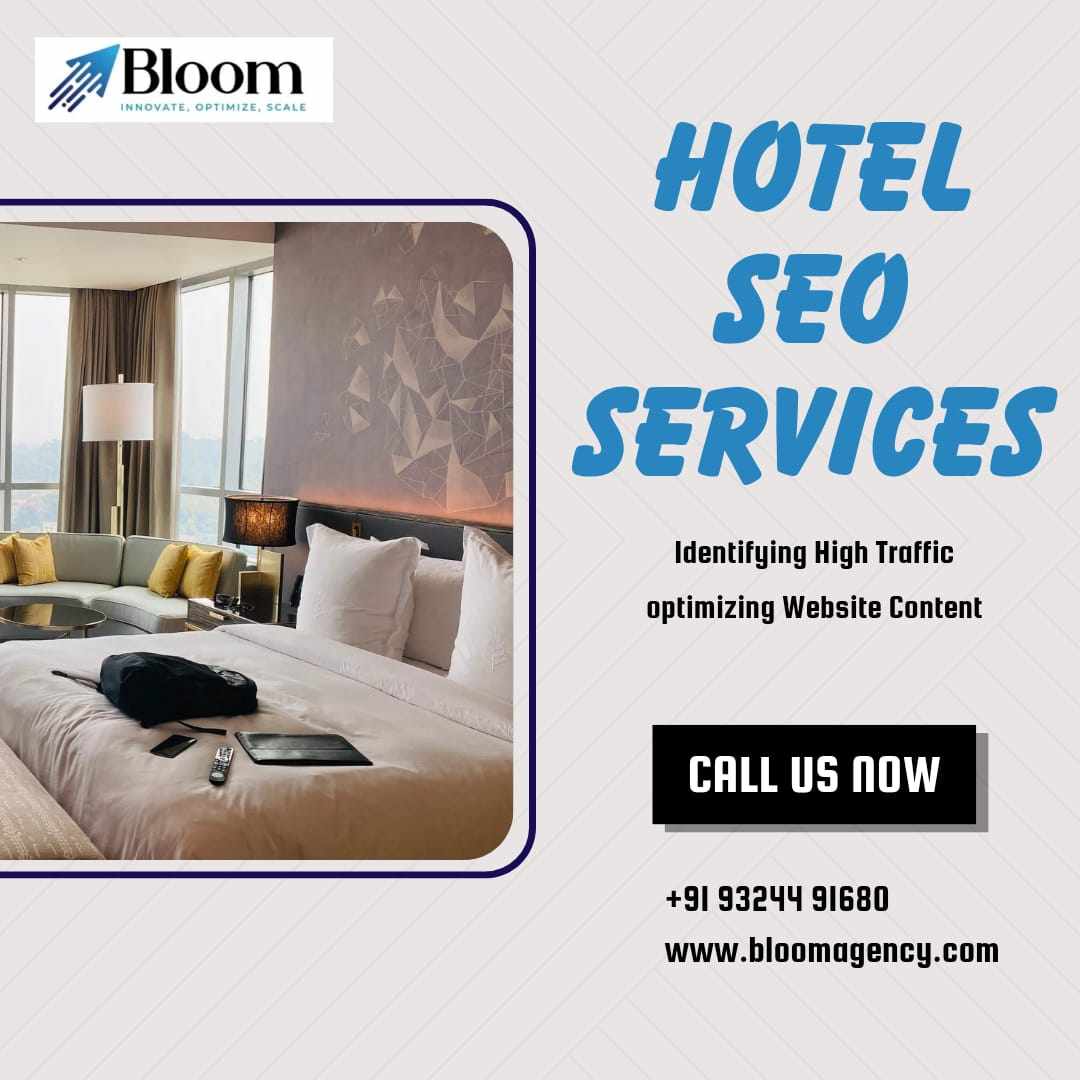
Write a comment ...